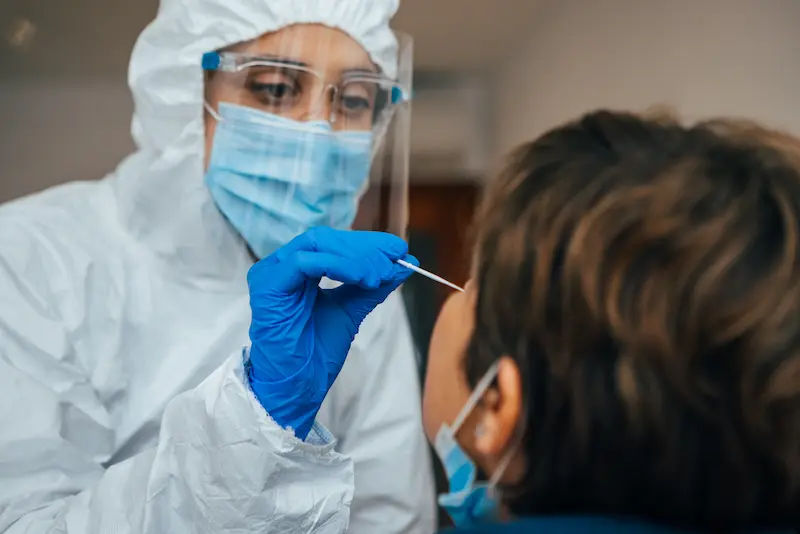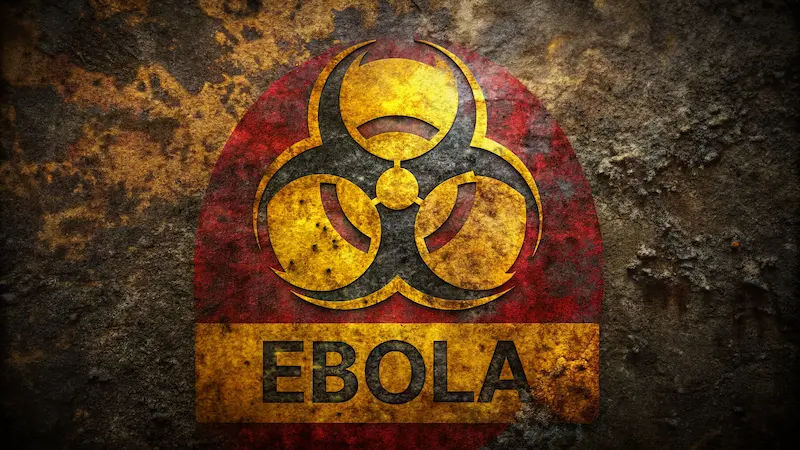- male
- 30 Years
- 22/01/2025
I'm feeling really anxious because a while back, I had a risky encounter with someone whose HIV status I don't know. It's been 180 days since then, and I did an HIV test on day 179. The test I took was the HIV 1 and 2 p24 CMIA, and the result came back negative with an index value of 0.09. I'm trying to understand more about the window period for HIV testing and whether the CMIA test is as reliable as the ELISA test. Also, does taking the test two days earlier, like on day 179, affect the accuracy at all? I had multiple tests throughout this periodone at three months with an index of 0.07 and another at day 42, which was also negative with the same index value. Can you help me make sense of all this?
More Infectious Disease Health Queries
View allI've been really anxious about this HIV thing. I had protected sex with a sex worker, but I was drinking at the time. From what I remember, there wasn't anything risky involved in what we did. Am I still at risk for HIV?
no
read more![Doctor 1]()
![Doctor 2]()
Answered by 1 Apollo Doctors
I've been dealing with some lymph nodes under my neck on the right side. I've been on TB medication for 6 months since my FNAC said it was TB, and now those nodes are nearly gone. But just a few days ago, I noticed a new lymph node swelling up, similar to the others from before. Should I be thinking about changing my meds now, or is it normal? Can you give me some advice?
consult a physician
read more![Doctor 1]()
![Doctor 2]()
Answered by 1 Apollo Doctors
I recently had a brief encounter with a sex worker and made sure to use a condom, but now Im really anxious about the risk of getting HIV. Ive been reading up a lot online, and to be honest, it's making me pretty scared and down. The thing is, the encounter was really short, like about 2 minutes, and I didnt feel much. While removing the condom, I think I mightve done it wrong by pulling it from the base up. When I checked afterward, my penis was dry and there wasnt any noticeable liquid on my hands. Im worriedcould I still be at risk for HIV?
The risk of HIV transmission in this scenario is low, especially since you used a condom. However, to further reduce the risk, you can consider taking Post-Exposure Prophylaxis (PEP) within 72 hours of the exposure. PEP involves taking a combination of antiretroviral drugs for 28 days. I recommend you consult a healthcare provider for a proper assessment and prescription of PEP.
read more![Doctor 1]()
![Doctor 2]()
Answered by 1 Apollo Doctors
Disclaimer: Answers on Apollo 247 are not intended to replace your doctor advice. Always seek help of a professional doctor in case of an medical emergency or ailment.





